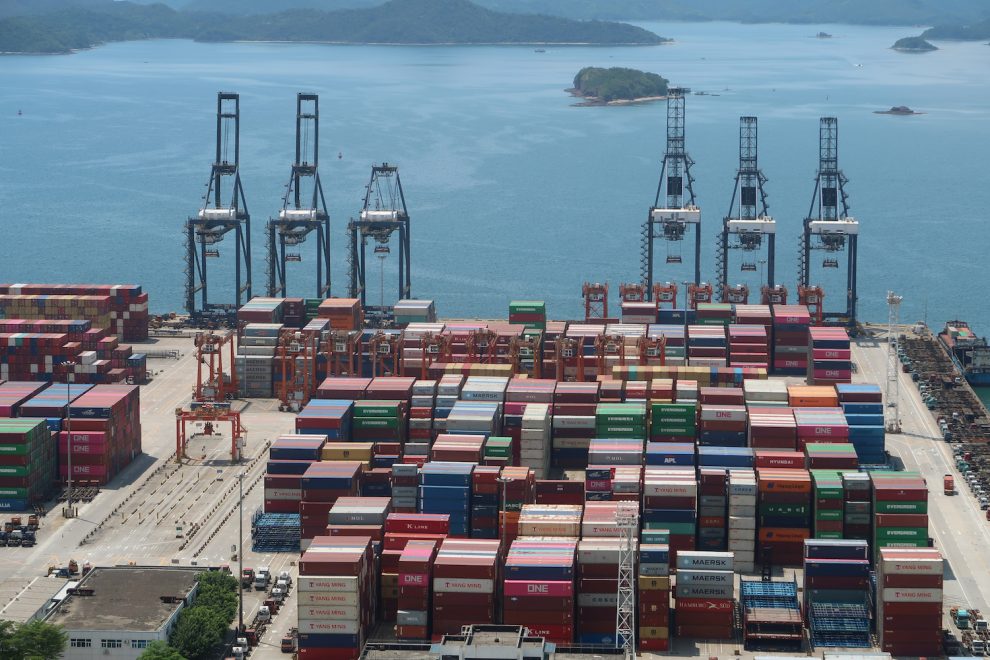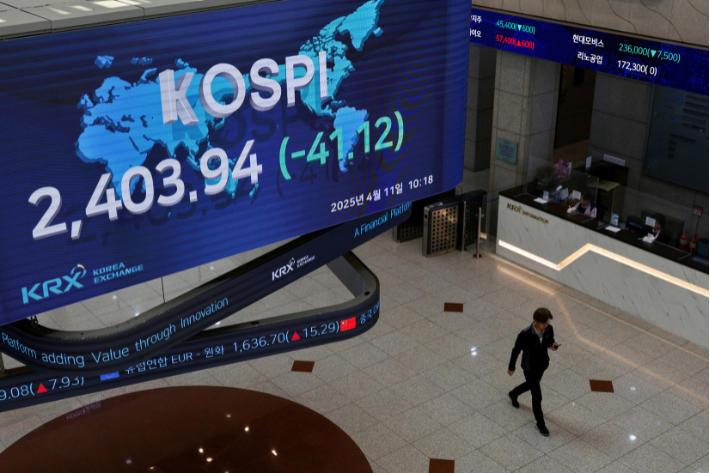(ATF) China’s exports beat expectations while imports fell short of analyst estimates, boosting the July trade surplus in the world’s second largest economy.
But this surplus is expected to ease in coming months as exports are likely to level off and as a further ramp up in stimulus by China should continue to support the recovery in imports, analysts said.
Exports in July increased 7.2% from a year earlier, the fastest pace since December last year, customs data showed on Friday, confounding analysts’ expectations for a 0.2% drop and quickening from a 0.5% increase in June.
Imports, on the other hand, swung back into contraction, missing market expectations for a 1.0% increase. They had bucked the trend in the previous month.
“Much of the recent resilience of exports has been due to shipments of masks, medical products and work-from-home equipment. The initial breakdown of the July data suggest this prop persisted into last month,” said Martin Rasmussen, China Economist at Capital Economics, who added that a further upside may be limited as the current prop to exports from products linked to coronavirus-related demand is likely to prove temporary.
Imports robust
Imports of industrial raw materials remained robust, with record imports of iron ore and copper, along with a sharp jump in crude oil.
“With credit growth still accelerating, China’s stimulus-led recovery looks set to continue in the coming months, supporting a further rebound in imports,” Rasmussen said.
China’s economy is gradually emerging from a record contraction in the first quarter but there are doubts if the momentum can be sustained as rising coronavirus cases worldwide weigh on demand. Chinese consumption is also subdued amid job losses and concerns about a resurgence in infections.
The country’s export performance, boosted by record shipments of medical supplies and robust demand for electronic products, has not been as severely affected by the global slowdown, as some analysts had feared.
“China’s export growth has been resilient and may remain solid in the near term, supported by a rebound in global growth in the coming months and robust though likely slower growth of exports related to Covid-19 related products,” Goldman Sachs analysts said in a note.
The country’s trade surplus for July stood at $62.33 billion, compared with an expected $42 billion surplus forecast in the poll and a surplus of $46.42 billion in June.
“The July trade surplus . is the second-highest since October 2015, the highest was recorded this May. In May the trade surplus increased due to a big fall in imports of -16.6% year-on-year but the surplus in July was the result of a big jump in export growth. The different reason behind the trade surplus implies that the global economy may now be showing signs of recovery,” Iris Pang, ING Bank’s Chief Economist for Greater China, said.
The yuan has been appreciating on the back of China’s early recovery from the pandemic with the currency gaining 3% since its recent lows in May.
China’s exports have also been lifted by unprecedented fiscal stimulus and money printing in other major economies, especially the US, which bolstered their residents’ purchasing power even as their countries were in lockdowns, said Ting Lu, Nomura’s Chief China Economist.
“The surge in trade surplus could lend further strength to the RMB against the dollar, but a worsening US-China bilateral relationship might also add downside risks to RMB,” said Lu.
The rocky US-China relations has been a sore point on the trade from, with tensions expected to escalate ahead of the United State’s presidential election. On Thursday, US President Donald Trump announced sweeping bans on Chinese apps TikTok and WeChat.
This came after a recommendation made by a US government body to tighten disclosure requirements for Chinese companies seeking US listings.
China’s trade surplus with the United States widened to $32.46 billion in July from $29.41 billion in June.
Senior US and Chinese officials are set to review the implementation of the Phase 1 trade deal and likely air mutual grievances during a video conference on August 15.























